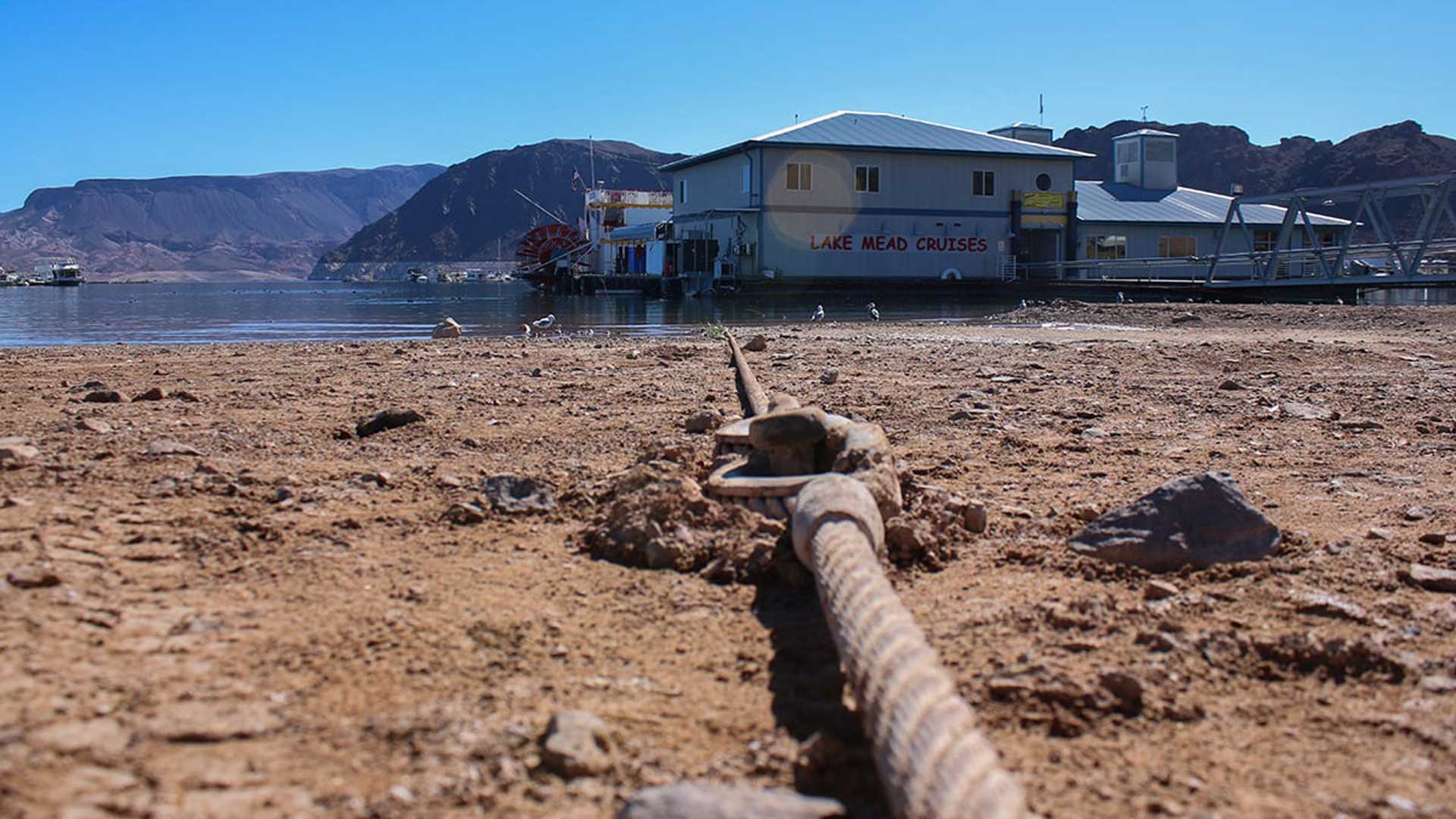 After two decades of drought, parts of Lake Mead that were once underwater have been exposed as the lake falls to historically low levels.
After two decades of drought, parts of Lake Mead that were once underwater have been exposed as the lake falls to historically low levels.
How does a region respond to the aridification of a changing climate? What’s going on with groundwater?
Those are questions that the UA Water Resources Research Center (WRRC) tries to answer by serving as a bridge between academics and broader audiences.
This week, the center hosted its 21st annual conference to discuss all things water: with an emphasis on solutions. The event brought together hundreds of collaborators to explore water quality, policy and management.
Director of the WRRC and professor of environmental science Sharon Megdal said many people from around the world are looking to places like Arizona and California.
“I think also because we have groundwater issues as well as Colorado River issues and many areas of the world don’t even have sufficient groundwater to service their residents,” Megdal said.
While she said there’s no one solution to address the imbalance of water supply and demand in the Colorado River Basin, people should instead look to continuously adapt solutions.
“You can’t just rest on your laurels, you might say we have a strong conservation ethic, Arizona has been in the forefront of groundwater management,” Megdal said. “But if we have another five years of weather conditions and precipitation conditions like we did up until this last winter, we’re going to be in trouble again.”
For some, tribal consultation - or the lack thereof - regarding water rights was at the forefront.
Board member and treasurer for the Tohono O'odham San Xavier Allottees Association (SXAA), Philbert Bailey said it is important to figure out solutions on how to save water as the population grows in Arizona.
He said developers are in search of water to meet demands made by development and that tribal communities are given insufficient notice ahead of public comment periods with federal agencies, regarding their water rights.
“They’re trying to look for water, assured water, Bailey said.
The nonprofit organization that was established in 1991, looks to serve as a liaison between landowners and allottees on the San Xavier Reservation.
Bailey said current pressing issues his community is facing is bringing water back to the San Xavier Co-op farm and local mining.
“The main thing is more people are coming to the state to support population growth,” Bailey said. “We’re trying to find solutions on how to save water."
As water users and experts continue to hone in on solutions, the West’s wicked water problems remain center stage.

By submitting your comments, you hereby give AZPM the right to post your comments and potentially use them in any other form of media operated by this institution.